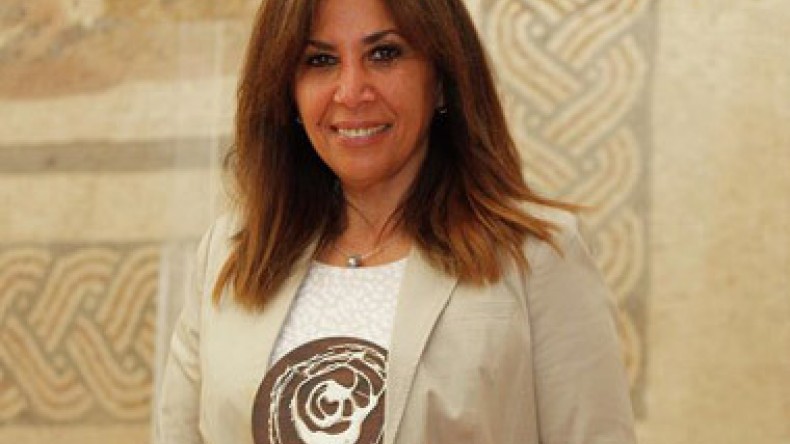
Islamists can’t be left out of Egypt’s political process
By removing the Muslim Brotherhood from the scene, the Egyptian government will repeat the same mistake Mohamed Morsi did when he isolated the liberal opposition, political analyst, Shahira Amin, told RT.
President Mohamed Morsi ousted by the military in July is to stand trial for inciting violence and the murder of protesters back in December along with other members of the Muslim Brotherhood. The country's army-backed government has also ordered the new ruling assembly to review all Islamist amendments to the constitution.
Independent journalist and political analyst, Shahira Amin, says that both sides of the conflict would have to make concessions otherwise the violence in Egypt will never end.
RT: How legitimate are the charges against Morsi and the Muslim Brotherhood?
Shahira Amin: What Muslin Brotherhood supporters are telling us that this are trumped up charges; that they’re politically motivated. But the government insists that Muslin Brotherhood leaders have incited violence. Indeed, a number of them have. They’ve called for street protests, which have led to clashes and a lot of bloodshed. So, we have mixed reaction to the arrests and trials of Muslim Brotherhood leaders here.
RT: With the Muslim Brotherhood now on trial alongside [Hosni] Mubarak, and the military back in power, do you think Egypt has actually moved anywhere since the revolution?
SA: Actually, what we see here is a return to pre-January 2011 back to the Mubarak police state. General Sisi has promised that this would be a democratic transition, but we see tanks on the streets; we see massacres – we had a number of massacres of the Islamist supporters of the ousted president; the closure of the Islamic channels and the arrest of Muslin Brotherhood leaders; the return of the emergency law; we have a curfew in place; the return of state security. So, all this takes us back to the Mubarak days. And it looks like none of the goals of the January 2011 revolution have been met. And that’s why last Friday, we saw a mixed crowd of protesters – not just Muslim Brotherhood supporters, but a lot of revolutionary activists, demanding legitimacy and calling for the goals of the January revolution.
RT: The Muslim Brotherhood's calling for more protests to mark the ouster of Morsi nearly two months ago - what do you expect to see tomorrow? Will there be a mass turnout?
SA: Well, we’ve seen a lot of bloodshed, a lot of violence. Violence can only breed violence. I see the only way out as reconciliation… As, you know, marginalization and isolation of the Muslim Brotherhood can only lead to more protests and more violence. So, I think only negotiations – and that’s the only way out of the political crisis right now. We see hundreds of thousands of Muslim Brotherhood… Islamists, not just Muslim Brotherhood, but other Islamist groups, and they can’t be left out of the political process. This can only lead to deadlock and impasse, really.
RT: The Brotherhood has declined to take part in the panel that's set to draw up a revised Constitution. Why is that?
SA: They are demanding a return to legitimacy and the reinstatement of the toppled president [Morsi]. Of course, we’re not going to see that happen. I believe that there have to be concessions on both sides. The Muslim Brotherhood – if it wants to survive this crisis – has to make concessions and join negotiations, otherwise they’ll be left out in the cold. And the government as well must reach out; otherwise they’ll be making the very same mistake that Morsi made when he isolated the liberal opposition.
Newsfeed
Videos






























